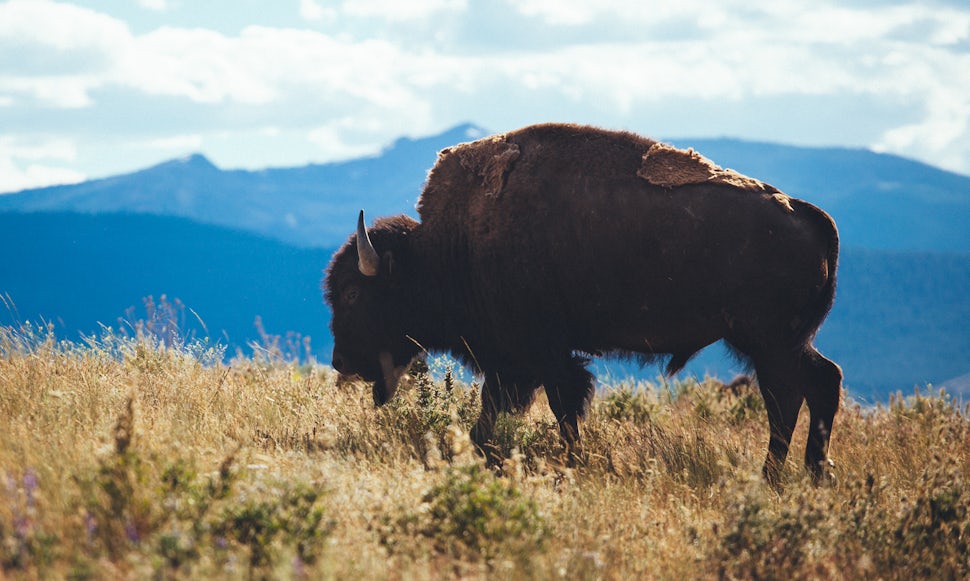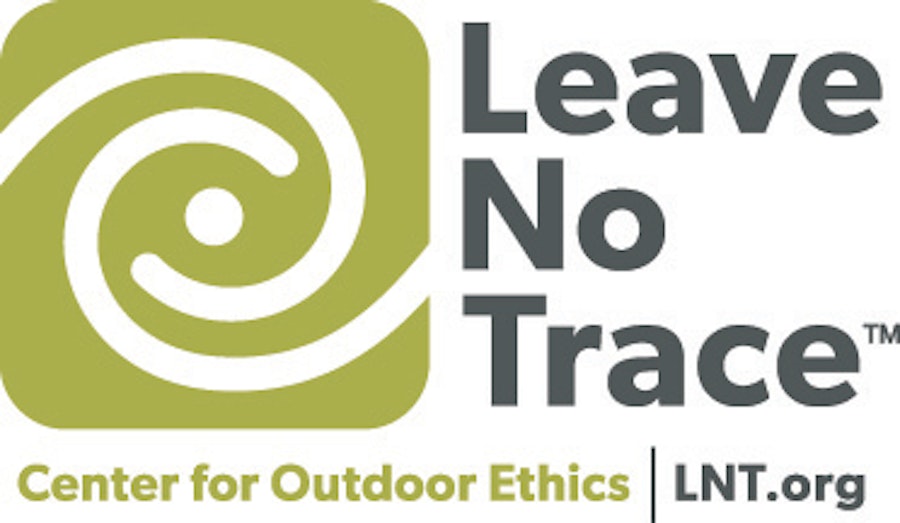#ProtectTheWild: 5 Tips For Respecting Wildlife
We're guests in their home.

If you’re lucky, you’ve gotten to experience wildlife in their natural habitat while out camping or enjoying the outdoors. Humans generally rush through life as quickly as possible, so there’s nothing like observing a bear go about its day without a care in the world or watching a bald eagle steadily riding wind currents and soaring through the sky. Observing wildlife gives us a humble reminder to slow down and not take anything for granted, so how do we repay these creatures?

1. Leave them alone
Disturbance from humans can indirectly affect several aspects of wildlife population and overall health, so do yourself and your environment a favor and just stick to quiet observation from afar. Large groups of people tend to frighten wildlife, so try to break up into smaller groups to lessen impact when you get the chance.
2. Don’t feed the animals
In order to feed wildlife, you usually have to get pretty close to them. Wild animals are easily stressed by unfamiliar situations like this, and the non-native food in their systems will cause their bodies a lot of irreversible harm. Ever heard of the saying, “a fed bear is a dead bear?” Wildlife eventually become accustomed to human food and get way too comfortable approaching people if they’ve continually been fed, so keep this in mind the next time you want to share your dinner with these critters.
3. Camp responsibly
When out backpacking or camping, you’ll want to make sure that your food is secured before you go to sleep because you definitely don’t want raccoons, bears, and other nocturnal critters digging through your camp. Camping choices affect wildlife’s access to water sources - it’s crucial that you set up camp about 200 feet back from water so that they feel comfortable coming down to drink. Also, make sure you dispose of waste properly so that the surrounding environment doesn’t become polluted. A conscientious camper always keeps a clean camp.

4. Control your pets
Dogs are notorious for chasing anything that moves, so make sure to keep a watchful eye on them. The best way to handle this is to either have your pet on a leash or have him/her under your direct control. When you do this, you ensure the comfort of native wildlife and have the reassurance that you’re not encroaching too closely on their home.
5. Know your wildlife patterns
As humans, just being present among wildlife can cause wild animals to alter their normal habits. Not everybody can keep up with different species’ mating habits, nesting times, and all the other sensitive times for wildlife. That’s okay - just do a little research beforehand and be aware that you can have huge impacts on these animals and their young if you’re not careful.

In order to repay wildlife for all of the incredible scenes and learning opportunities they provide us, the best thing you can do is remember that you’re a visitor to their home. To learn more about how you can #ProtectTheWild by respecting wildlife, head over to Leave No Trace.
Cover photo: Meredith Baird
Please respect the places you find on The Outbound.
Always practice Leave No Trace ethics on your adventures. Be aware of local regulations and don't damage these amazing places for the sake of a photograph. Learn More
We want to acknowledge and thank the past, present, and future generations of all Native Nations and Indigenous Peoples whose ancestral lands we travel, explore, and play on. Always practice Leave No Trace ethics on your adventures and follow local regulations. Please explore responsibly!
Do you love the outdoors?
Yep, us too. That's why we send you the best local adventures, stories, and expert advice, right to your inbox.









